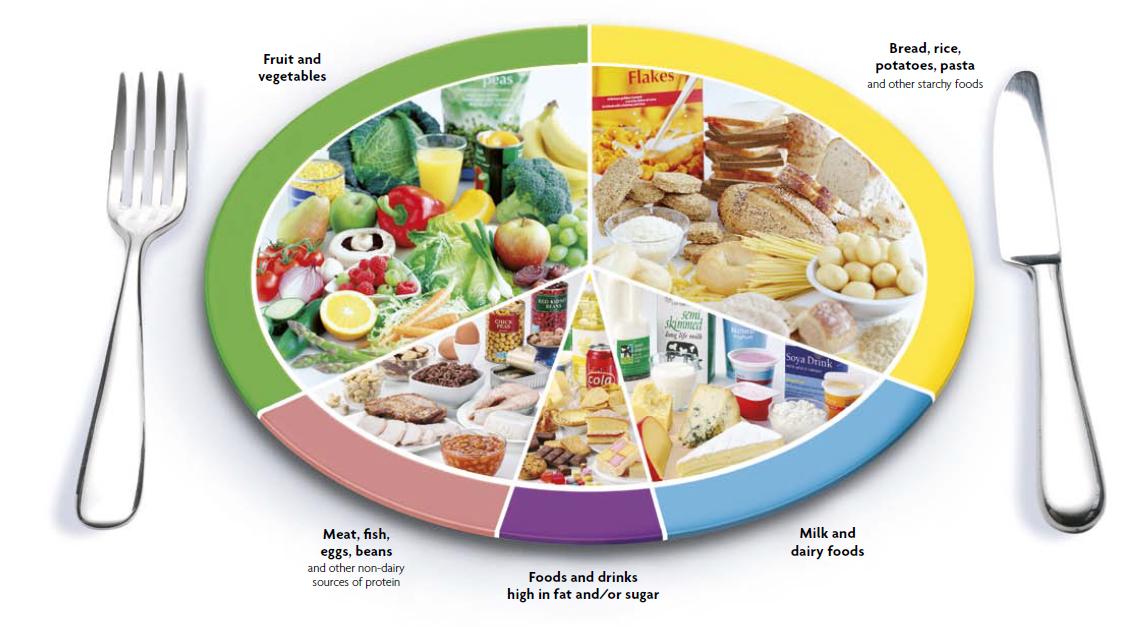
A balanced diet is essential in keeping us healthy and providing our bodies with all the things that it needs in order to function properly. The foods that we eat contain a mix of seven nutrients that are used in our bodies for different things.
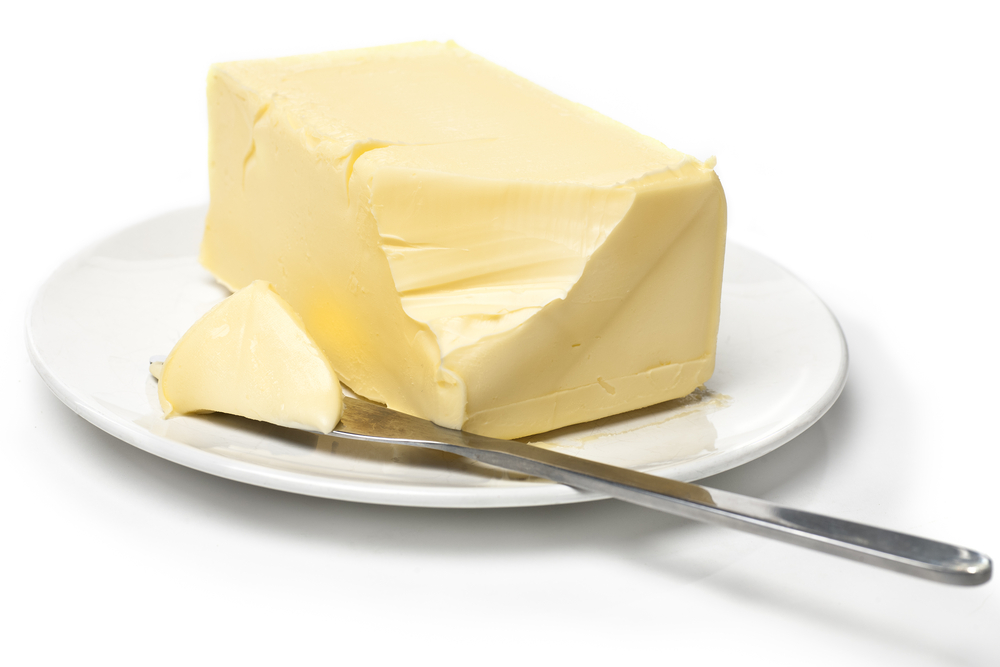 |
1. Fats (found in butter and oils)
Fats are needed in the body to provide energy. They are also used to provide insulation to keep the body warm. |
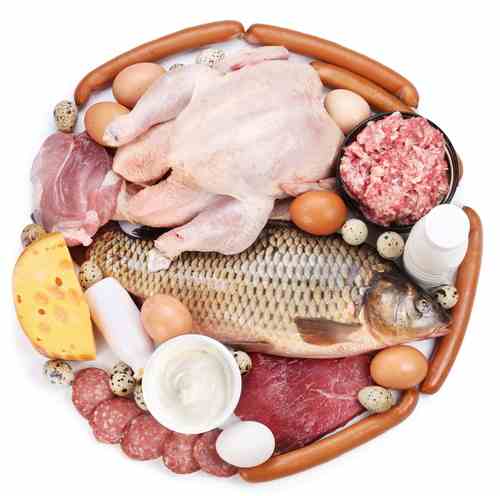 |
2. Proteins (found in meat, fish and eggs)
Proteins are needed in the body for growth and repair. Muscles, bones, hair, nails and blood all need proteins to keep them strong and healthy. |
 |
3. Carbohydrates (found in bread, pasta, cereals, and potatoes)
|
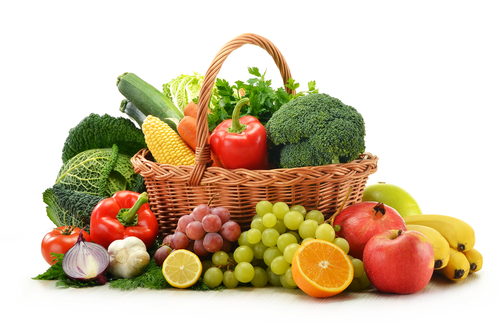 |
4. Vitamins (found in dairy products, fruit and vegetables) Vitamins are needed in small amounts to keep our bodies functioning properly e.g. vitamin D is needed for healthy teeth and bones and vitamin C is needed for healthy skin and hair. |
 |
5. Minerals (found in milk, red meat, and salt)
Minerals are needed for a variety of bodily functions. Some important minerals are iron (found in red meat, liver, beans) which is a major component of blood, and calcium, needed for healthy teeth and bones. |
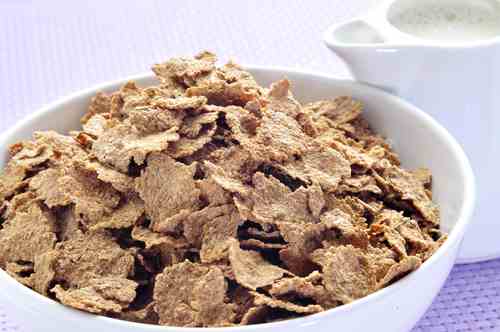 |
6. Fibre (found in bran) Fibre is needed to keep the gut healthy and to prevent constipation. |
 |
7. Water Approximately 70% of the human body is made up of water. However this water can be lost through sweating and breathing, so we need to keep topping it up. |
What happens if we don't have a balanced diet?
If our diet lacks any of these seven nutrients it can cause a variety of health problems to arise, this is known as malnutrition.

Obesity is when excess food is consumed, often food that is high in fat and sugar. The body doesn't have a need for all those extra calories, so stores it as fat. Obesity can lead to further problems such as difficulty in doing daily activity and breathlessness. It can also lead to other serious conditions like diabetes and high blood pressure.
Starvation is when not enough food is being consumed over a period of time. The body is unable to get enough energy to keep up with its daily demands. The body will use stored fat to produce energy but once these are used up it will turn to using protein, and muscles become weaker. The body will feel tired and it won't be able to regulate its temperature. The body will become extremely thin. Starvation can lead to death.
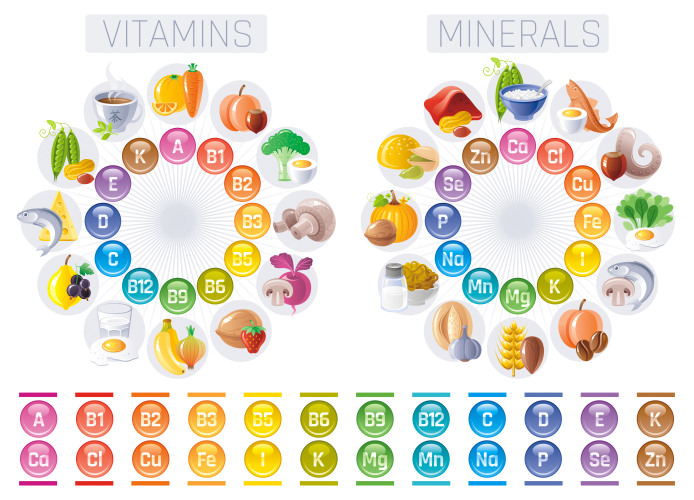
Other deficiency diseases can occur due to the imbalances in vitamins and minerals in our diet, some of these include:
Anaemia - a condition caused by a lack of the mineral iron in the body. This causes tiredness and breathlessness, as not enough oxygen is being transported around the body.
Scurvy - a disease caused by a lack of vitamin C in the body. This results in tiredness, bleeding gums and scaly skin.
Rickets is caused by a lack of calcium and vitamin D. This causes the bones to be weak and not form properly.
In this activity, we will explore some of the consequences of eating an unbalanced diet.







